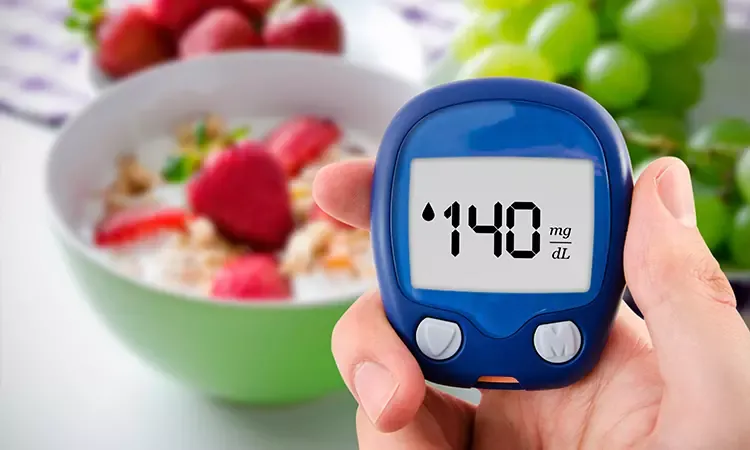10 Things to Know About Type 1 Diabetes
Anjum had type 1 diabetes since she was a teenager. Now in her 30s, she managed her health condition and was thankful the disease did not affect her children. Yet, she wanted them to be educated on facts about diabetes. She taught them to administer her insulin shots in case she needed their help to do so in the future. Anjum always believed in being prepared.
Diabetes has become increasingly common in major cities across the world. Experts blame this trend modern lifestyle that leaves us heavily dependent on processed foods and barely any exercise. Inspite of being such a common disease, very little is actually known about type 1 diabetes. If a close friend or a family member has the condition, here are 10 important things for you to know to understand type 1 diabetes better.
- The inability to make insulin
Type 1 diabetes is an autoimmune disease in which the body’s cells attack the pancreas, thus lowering their ability to produce sufficient insulin. Insulin is needed for your cells to absorb glucose and use it for energy. Therefore type 1 diabetes treatment involves an external supply of insulin through injections.
- Recognizing the signs
Type 1 diabetes symptoms are initially hard to detect as they resemble those of a viral flu. These include weight loss, frequent urination, excessive sweating, excessive thirst, restlessness and unexplained anxiety, constant fatigue, and blurry vision.
- Uncontrolled diabetes causes health complications
If insulin is not administered regularly, the body can suffer major health complications. Immediate complications include hypoglycaemia (low blood sugar) which can lead to headaches, numbness, and blackouts. Major long-term complications include glaucoma, kidney failure, diabetic neuropathy, and heart disease.
- Sugar is not always bad
It is a myth that diabetics cannot consume sugar. They can consume sugar but in moderation, keeping in mind their insulin doses and their blood sugar levels. Infact, when a diabetic suffers from a low blood sugar spell, the only way to help him / her out of the condition is by feeding the patient something sweet or simply a spoonful of sugar.
- There is no cure yet
Till date, there is no scientifically approved cure for type 1 diabetes. There are merely ways to control it successfully. These include regular doses of insulin, a healthy diet, and an active exercise. Be wary of false claims advertised with cures for diabetes as these have duped many people of their money.
- Diet is the key to controlling diabetes
Diet plays the biggest role in successful control of diabetes. Indulging in your favourite treats is fine once in a while. However, a diabetic’s daily diet should be low in salt, sugar and oil. Moreover, with diabetes, one should never keep large gaps between meals as this can interfere with blood sugar levels.
- Diabetes can affect libido
Type 1 diabetes is known to affect libido in both men and women. Additionally, men can also suffer erectile disfunction. If you or your partner suffers from type 1 diabetes symptoms, do not be too hard on yourself. With proper counselling and medication, libido issues are successfully rectified.
- Low blood sugar needs immediate action
If a person with diabetes tells you that they are suffering from low sugar, you need to act immediately. The first step is to make sure the person is seated. Feed him / her anything sweet; this could be a chocolate, sugary biscuits, or even sugar and salt mixed with water. Never delay treatment or tell the person to ‘go to sleep for a while’.
- Handling the emotional turmoil
Type 1 diabetes is a lifelong disease and as such has a profound mental impact on the person affected. Many diabetics go through a ‘burnout phase’ wherein they experience a mental breakdown or an exhaustion from their insulin dependence. If you suspect that a close friend or a family member is emotionally troubled by diabetes, do seek appropriate counselling.
- Proper footwear is important
Most people who have had diabetes for several years end up with a condition called diabetic neuropathy. Marked by a loss of sensation in the toes, feet and lower legs, this condition can leave a person unable to walk steadily. Therefore, closed footwear is of extreme importance as due to the numbness, a diabetic can incur fracture on the toes and not feel a thing.






